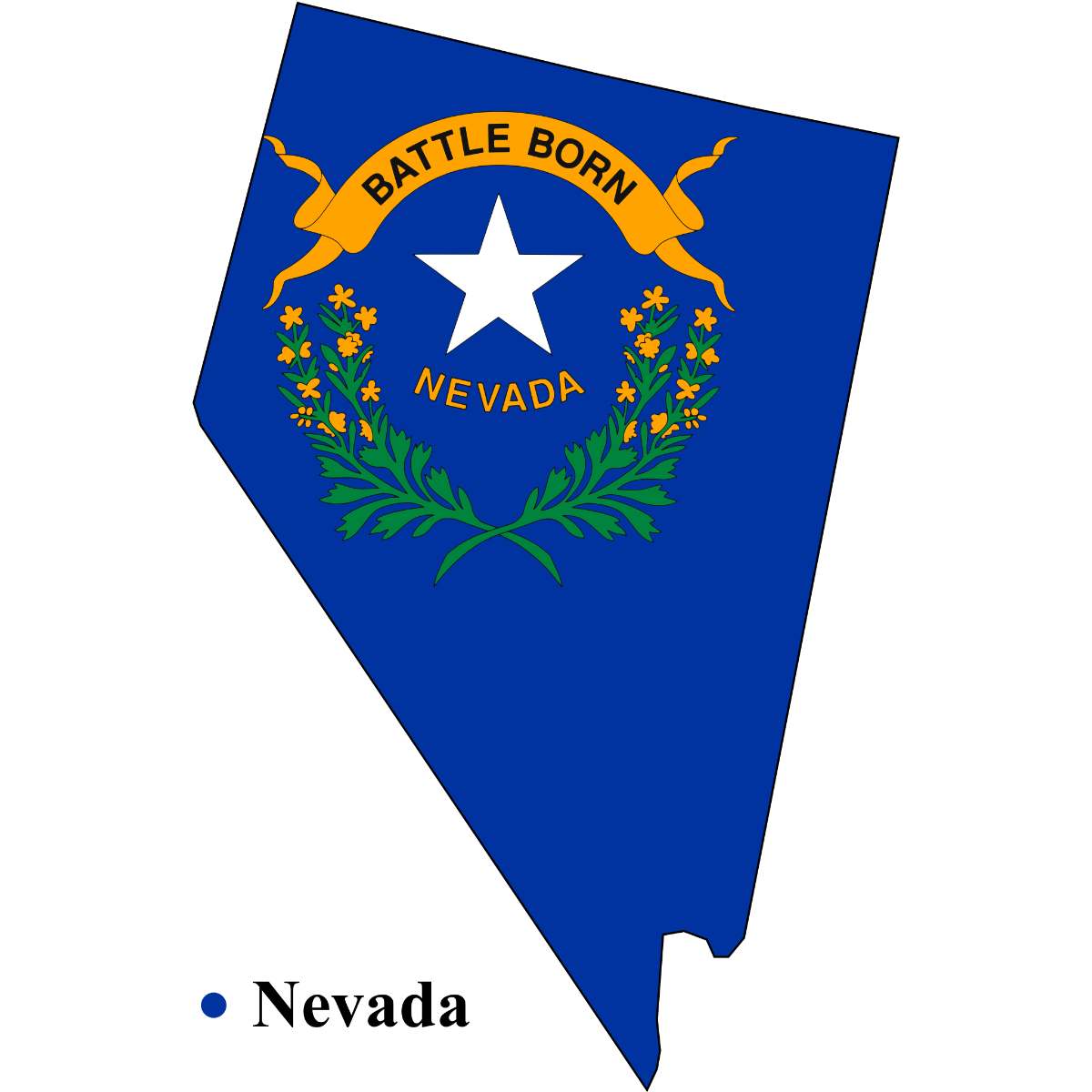Direct answer: Yes, Nevada does have a Zero Emission Vehicle (ZEV) mandate in place to combat climate change and air pollution.
If you’re a concerned citizen or perhaps a vehicle manufacturer, you might be wondering about the specifics. Well, I’ve done the legwork for you.
This article will delve deep into the facets of Nevada’s ZEV mandate such as the ZEV credits system, Nevada’s clean car standards and green vehicle policies that are shaping its sustainable transportation initiatives.
You’ll gain insights about how Nevada is aligning its own emissions reduction strategies with California’s LEV-ZEV rules in an effort to reach its ambitious EV adoption goals and renewable energy transportation targets by 2050.
For those feeling overwhelmed by these big changes – fear not! This comprehensive guide will help steer your understanding of these regulations in the right direction.

Key Takeaways
| 1 | Nevada’s ZEV Mandate: Starting from 2025, Nevada regulations will require manufacturers to meet the greenhouse gas emissions standard and the Zero Emission Vehicle (ZEV) production and sales requirements. This applies to all passenger cars, light-duty trucks, and medium-duty vehicles. ZEV credits can be earned by manufacturers under the new program from January 1, 2022. |
| 2 | ZEV Credits: The program awards “ZEV credits” to manufacturers for each qualifying vehicle they deliver for sale based on the vehicle’s all-electic range. Manufacturers are required to submit an annual report of ZEV credits generated or transferred for each vehicle sold in Nevada. |
| 3 | Clean Cars Nevada Initiative & Adoption of California’s Emission Standards: The ZEV mandate is part of the wider “Clean Cars Nevada” initiative aimed at increasing electric car offerings in the state and incentivizing use of zero-emission vehicles both in private and public sectors. By 2050, all new trucks and buses sold in the state are pledged to be zero-emission vehicles. Nevada also adopted California’s stringent LEV-ZEV rules, signifying significant steps towards air pollution reduction and climate change mitigation. |
Understanding Nevada’s Zero Emission Vehicle (ZEV) Mandate
Nevada is among the states making significant strides in sustainable transportation initiatives. The state has enacted a Nevada Zero Emission Vehicle (ZEV) mandate requiring manufacturers to comply with stringent emissions standards starting from 2025. This regulation applies to all passenger cars, light-duty trucks, and medium-duty vehicles.
Under this mandate, which can be found on the official government websites of the U.S. state that’s included in the “does Nevada have a ZEV mandate”, manufacturers must meet both greenhouse gas emissions standards and ZEV production and sales requirements. This noteworthy commitment emphasizes Nevada’s emissions reduction strategies and renewable energy transportation targets.
Beginning January 1, 2022, manufacturers have been allowed to earn ZEV credits under the new zero-emission vehicle program – another critical component of Nevada’s electric vehicle requirements.
The Role of ZEV Credits in Nevada’s Greenhouse Gas Emission Reduction
The new zero emission vehicle program provides for an innovative system where manufacturers can earn “ZEV credits”. For every qualifying vehicle delivered for sale based on its all-electric range, manufacturers are awarded these credits.
Manufacturers are obligated to submit an annual report of ZEV credits earned or transferred for each vehicle sold within Nevada. This initiative is instrumental in promoting Nevada’s green vehicle policies, as it incentivizes companies to produce more electric vehicles – which could lead to mass adoption of EVs.
The rationale behind this initiative is clear; by promoting EVs through this credit system, Nevada aims reduce greenhouse gas emissions significantly. Together with other states implementing similar systems, they are tirelessly working towards a sustainable future.
“Clean Cars Nevada”: A Roadmap to a Zero-Emission Future
The “Clean Cars Nevada” initiative underscores the state’s commitment towards a zero-emission future. Its primary aim is increasing electric car offerings while also incentivizing use of such vehicles across both private and public sectors.
This comprehensive strategy fits perfectly alongside efforts like the implementation of low emission vehicle regulations. Furthermore, it sets forth ambitious goals such as the governor’s pledge that by 2050 all new trucks and buses sold will be zero-emission vehicles–marking a significant milestone in Nevada’s EV adoption goals.
Emphasizing cleaner air quality and reduced reliance on fossil fuels, “Clean Cars Nevada” represents one facet of how states like Nevada are leading charge toward sustainable mobility solutions.
Comparing Nevada’s LEV-ZEV Rules with California: The Fight Against Air Pollution and Climate Change
By adopting California’s stringent emissions standards known as LEV-ZEV rules, Nevada stands out among several states taking substantial steps towards air pollution reduction and climate change mitigation goals.
These rules are modeled after those established by California–the pioneering state when it comes to aggressive environmental protection measures–and they have become instrumental in shaping other states’ own plans.More about these can be read here.
Through these regulations, both California and Nevada continue their collective fight against air pollution–an issue that remains one of our planet’s most urgent environmental crises. In doing so, they reinforce their shared commitment to paving the way for more sustainable transportation initiatives nationwide.
Conclusion
The Zero Emission Vehicle mandate of Nevada, part of the “Clean Cars Nevada” initiative, poses a significant step towards mitigating air pollution and promoting sustainable practices through stringent emission standards and encouraging the production and sales of electric cars.
With an ambitious goal for all trucks and buses to be zero-emission vehicles by 2050, the state is heading towards a noteworthy paradigm shift in its effort to tackle climate change.
- Tesla Charger Installation Cost (Home Setups) - March 1, 2024
- Tesla Phone Key Disconnected (Troubleshooting Guide and Quick Fixes) - March 1, 2024
- Tesla FSD 12 (Explained) - March 1, 2024